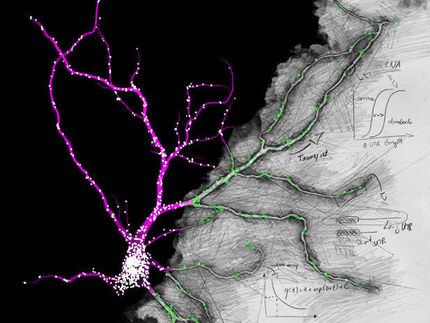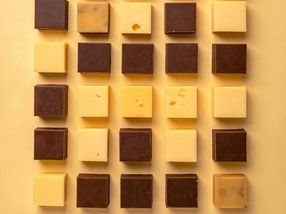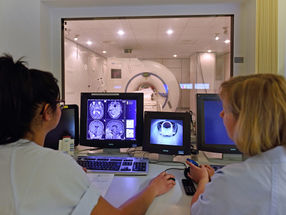Research on Dendrites Wins 2011 Eppendorf & Science Prize
Advertisement
The Portuguese scientist, Tiago Branco M.D., Ph.D., Postdoctoral Research Fellow at University College London has won the 2011 Eppendorf & Science Prize for Neurobiology for his research on dendrites. His work shows how dendrites discriminate temporal input sequences and apply different integration rules depending on input location. These findings give insight on how the brain performs the computations that underlie behavior, and suggest that even single neurons can solve complex computational tasks.
Dr. Branco writes “Animal survival depends on the ability to analyze the environment and act upon it. This requires processing information from the outside world and using it to produce an appropriate behavior. How does the brain do this? Information arrives at neurons in the form of synaptic input delivered to dendrites protrusions from the cell body separating the input from the output zone. My studies have shown that the properties of dendrites might be used by single neurons to integrate information and perform specific computations. In particular, I focused on the ability of dendrites to discriminate between different temporal sequences of input, a fundamental computation for successfully interacting with a dynamic environment.” Using a laser to activate synapses with precise spatial and temporal control, Dr. Branco has shown that the presence of a special type of glutamate receptor allows dendrites to efficiently discriminate multiple input sequences. This combination of electrophysiological, optical and modelling techniques has advanced our understanding of how dendritic integration contributes to single neuron computations. In his future work, Dr. Branco plans to combine this approach with molecular methods to investigate the role of dendrites in controlling animal behavior.
According to Dr. Axel Jahns at Eppendorf headquarters in Hamburg, “Sponsored jointly by Eppendorf and the journal Science, this international US$ 25,000 prize is open to scientists of 35 years of age or younger who have made outstanding contributions to neurobiological research using molecular and cell biology methods. Dr. Branco was selected as the tenth winner of the Eppendorf & Science Prize by a committee of distinguished scientists chaired by Dr. Peter Stern, Senior Editor of Science. Dr. Branco was awarded the Prize at a special anniversary gala dinner for over 80 guests held at the AAAS/Science Headquarters in Washington D.C. on November 13, 2011.”


























































